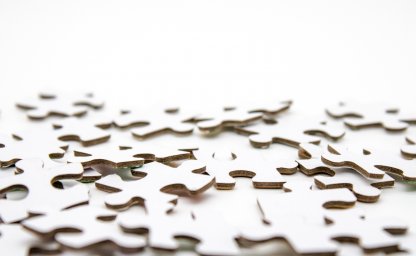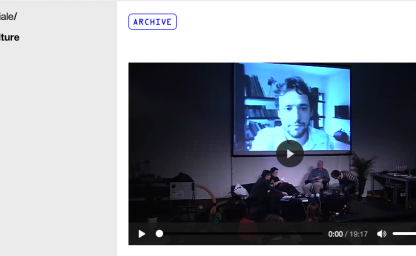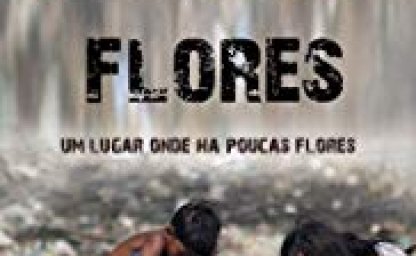OpenDoTT (Open Design of Trusted Things) was "a PhD programme to explore how to build a more open, secure, and trustworthy Internet of Things". I have moved in 2019 to Dundee to work at the Duncan of Jordanstone College of Art and Design, and relocated later to Berlin to work at the Mozilla Foundation. The academic side of the project has migrated from the University of Dundee to Northumbria University in June 2020.
The title of my thesis is Generous cities – weaving commons-oriented systems for the reuse of excess materials in urban contexts.
I am gradually moving relevant documentation to a public wiki. I maintain a list of links with the tag opendott in my infinite bookmark collection.
I have used this blog to document what I read, learnt and discovered as I went deeper into my research. Earlier outputs can be seen in this set of concept ideas(2020) and this repository with second year deliverables (2021).
 This project
This project has received funding from the European Union’s Horizon 2020 research and innovation programme under the Marie Skłodowska-Curie grant agreement No 813508.

Posted on
3rd Mar 2022
One recurring question I face as my research progresses is if – and how – digital technologies can be used for the common good. I realise this formulation sounds rather naive, but it runs deep in my work. I will use this post to unearth it as much as possible and address my current understanding of...
Posted on
26th Nov 2020
! 0.2. This is a snapshot of the working version of a text I wrote for the OpenDoTT blog, as part of our training on Internet Health and Open Leadership. It feeds from and interacts with other materials kept in this repository.
After an unusual summer (wasn't it?), my second year at the O...

Posted on
23rd Jan 2020
Whilst preparing to travel to Berlin next week and participate in Transmediale 2020, I found by chance my profile page in their website. Curiously, I had totally forgotten of my remote participation in a panel called "Remixing Digital Cities" in the 2013 edition of Transmediale. It had been less...
Posted on
5th Nov 2019
In The Gospel According to Jesus Christ, Portuguese writer José Saramago depicts a peculiar and clarifying meeting. This part of the book is one of my all time favorites. It goes more or less as follows. One day when he was living as a fisherman, Jesus rows his small boat into the sea. It's misty,...
Posted on
30th Oct 2019
More Brazilian films about (and around) landfills:
Lixo Extraordinário (Waste Land) (2010)
On the outskirts of Rio de Janeiro is Jardim Gramacho, the world's largest landfill, where men and women sift through garbage for a living. Artist Vik Muniz produces portraits of the workers and learns...
Posted on
29th Oct 2019
Over the last couple years I was collaborating with Coco e Cia, a co-op in Ubatuba that collects and sorts recyclable materials and drives it to the correct destination. Whatever little support they have in the city was only achieved with a lot of struggle, and they are far from having the ideal wor...

Posted on
23rd Sep 2019
It's not only because this film was made in my hometown, Porto Alegre. Or because I enjoyed attending one of its makers' classes at the University. But Ilha das Flores has impacted me from the first time I've seen it. I have used it in a couple workshops and courses, and like to think of it as a bra...



